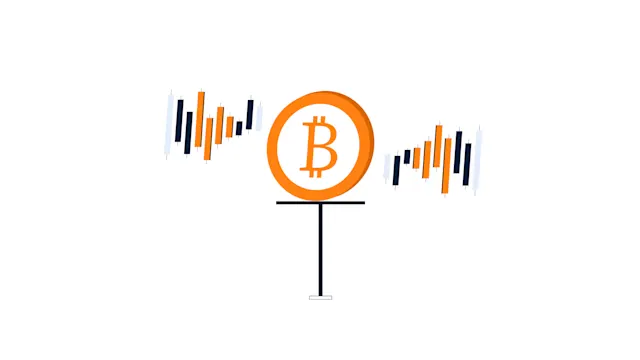
Modern Monetary Theory vs. Austrian Economics
As the global debt-to-GDP ratio continues to increase, and U.S. debt continues to rise exponentially, it's vital to scrutinize the economic theories underpinning these deficits.
As the global debt-to-GDP ratio continues to increase, and U.S. debt continues to rise exponentially, it's vital to scrutinize the economic theories underpinning these deficits. Enter Modern Monetary Theory (MMT), the prevailing philosophy for mainstream fiat economists since at least 1971, when the U.S. abandoned the gold standard. On the opposing end of the spectrum lies the Austrian school of economics, built on the foundation of sound money principles. Understanding the nuances between these two philosophies is essential in evaluating the value of Bitcoin compared to fiat currency. Let's delve into the comparison between MMT and Austrian Economics and their implications for the monetary landscape.
Modern Monetary Theory (MMT):
MMT has gained traction in recent years, challenging conventional economic wisdom with its assertions regarding government spending and fiscal policy. However, from the standpoint of the Bitcoin standard, several key concerns arise:
Government Fiat Currency Assumptions: MMT's premise that governments can perpetually print money without repercussions contradicts the principles of sound money advocated by Bitcoin. Fiat currencies, historically, have shown susceptibility to devaluation and inflation.
Fiscal Policy Implications: MMT's emphasis on managing real resources over fiscal discipline raises questions about the long-term viability of such an approach. The risk of inflation, often downplayed in MMT, poses a threat to economic stability and purchasing power.
Market Distortions: By advocating for extensive government intervention, MMT overlooks the importance of price signals in coordinating economic activity. This distortion undermines market efficiency, hindering sustainable growth.
Austrian Economics:
Austrian Economics offers an alternative perspective rooted in principles that resonate with the ethos of the Bitcoin standard. Here's how:
Subjective Theory of Value: Like Bitcoin, Austrian Economics acknowledges the subjective nature of value, emphasizing individual preferences and voluntary exchange as drivers of economic activity.
Market Spontaneity and Entrepreneurship: Austrians celebrate the spontaneous order of the market, echoing Bitcoin's decentralized network. Both emphasize the role of entrepreneurship and innovation in fostering prosperity.
Sound Money and Fiscal Prudence: Austrians advocate for sound money based on market-chosen commodities, aligning with Bitcoin's fixed supply. Furthermore, they emphasize fiscal responsibility to maintain economic stability and prevent distortions.
Conclusion:
In the context of the Bitcoin standard, the comparison between MMT and Austrian Economics underscores the importance of economic principles aligned with sound money and decentralization. While MMT challenges conventional notions of fiscal policy, Austrian Economics offers a framework rooted in free markets and individual sovereignty, echoing the ethos of Bitcoin. Understanding these perspectives is crucial as we navigate the complexities of the modern economic landscape, aiming for sustainable growth and prosperity.



